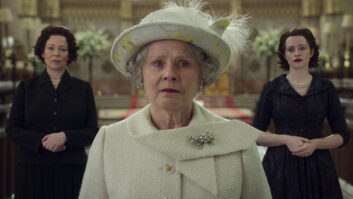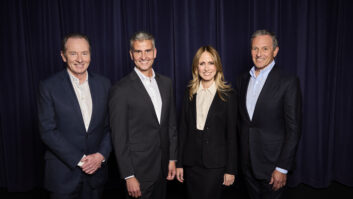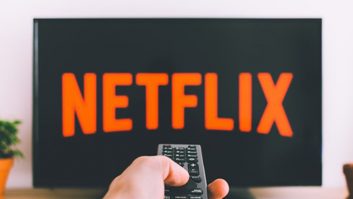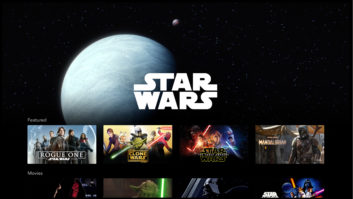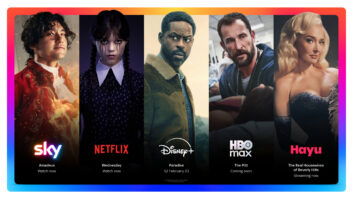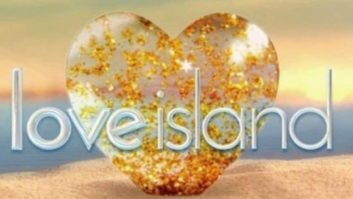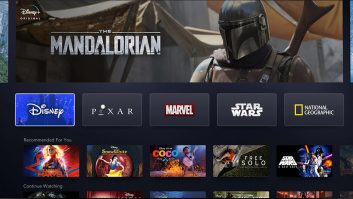The Walt Disney Company is now officially the owner of two-thirds of 21st Century Fox.
The $71.3 billion deal first announced in December 2017 finally closed at 4:02am GMT this morning.
Disney now owns a range of film and TV assets including the Fox film and TV studio, FX Networks, National Geographic, international assets like Star India and a 30 per cent stake in Hulu.
The deal raises the question, does this make Disney the biggest player in the media and entertainment industry? Alice Enders, head of research at Enders Analysis, tells TVBEurope the answer to that question lies in another: “It begs the question of how a big player is conceived these days. Is it by total revenue? By the strength of the catalogue and the pipeline of new releases? Certainly Disney is the single largest in children’s entertainment as it always has been. But acquiring Fox does not turn it into the adult entertainment juggernaut that is Warner Bros.
“Or are you aiming for the Netflix question: the power today is in direct to consumer relationships, allowing the company to hoover up data, refine creative strategy etc. In the latter case, Disney is no Netflix, but Disney needed Fox to some degree to launch a competitor service that has a chance to succeed in the US.”
Obviously it’s very early days in terms of what Disney might choose to do with its new acquisition. Enders believes the company’s first strategy will be to integrate Fox into the business – which could lead to cost savings – as well as the much-discussed launch later this year of its D2C streamer Disney+.
“For Disney to concede to the market that D2C is the primary value for a company today is quite something, but the writing has been on the wall for years now,” says Enders. “Everyone has struggled with the same problem: how to transform a lucrative business of licensing content to cinemas (Disney’s outstanding strength) and turn TV into an OTT business that doesn’t kill the existing revenue streams off.
“It’s a transition that Disney shareholders are on, and it may or may not work. If Disney cannot pierce Netflix in family entertainment, then no one can take that business on and all are condemned to being further upstream, cut off from the viewing numbers they require to judge if their shows are worth the licensing revenues they assert to the Netflixes of this world.”
Back when the deal was first mooted, Enders told TVBEurope it would be “quite astonishing” if the Murdoch family were to sell Fox. What does she think now? “The Rupert Murdoch strategy of centring the family fortunes on a major Hollywood studio has not changed, but just been transformed into a holding (passive for now) in Disney instead of fox, future proofed for the passage to the next world of the great patriarch himself,” says Enders. “Much better to wrap it all up while he is with us than let the kids squabble and spoil his life’s work. I think it might be envisaged that James Murdoch becomes the eyes and ears of the family inside Fox.”
Finally, does Enders see the Disney/Fox deal as the start of a raft of these mega-deals, or will things calm down as the industry adjusts to the change? “There have been lots of rumours about Apple and Netflix. There are always going to be rumours about Apple (deep pockets) and the content business, and every media company wants value to be maximised by having many buyers for any asset,” she says.
“However, I don’t see that tie-up with a content business being uppermost for the moment; Apple/Netflix would be a concession that Apple’s own D2C business is mature and cannot grow further. Why buy Netflix when 30 per cent commission is made on the Apple store? It has a lucrative content business already. It collects masses of data; location data being especially valuable. I don’t know, it just doesn’t seem like essential for Apple to buy Netflix.”
